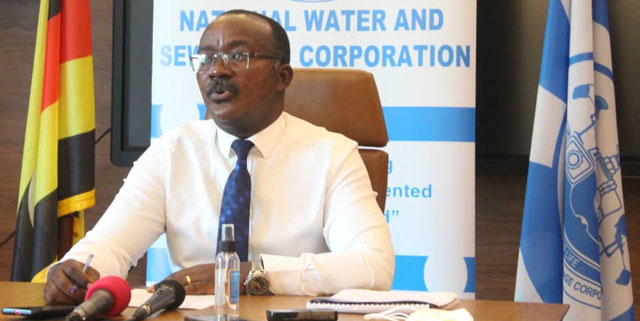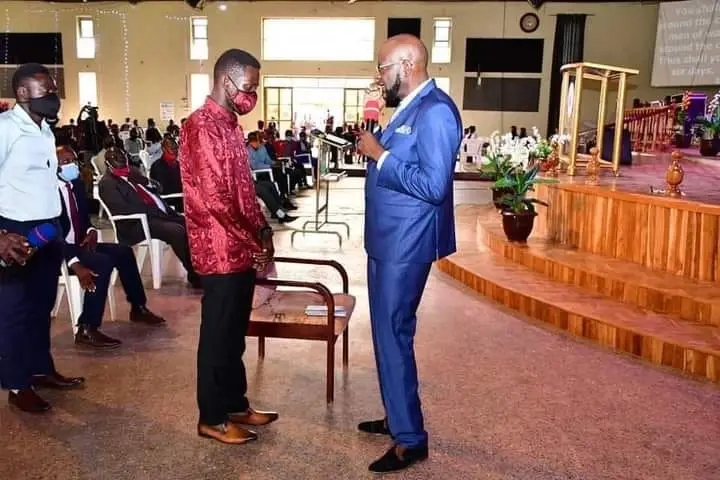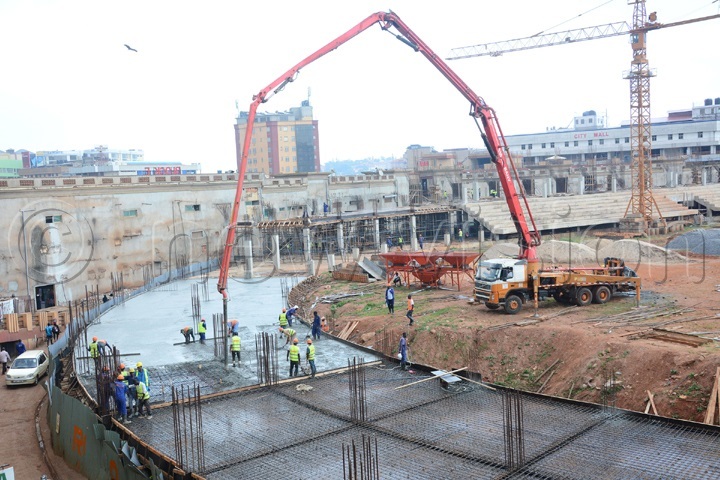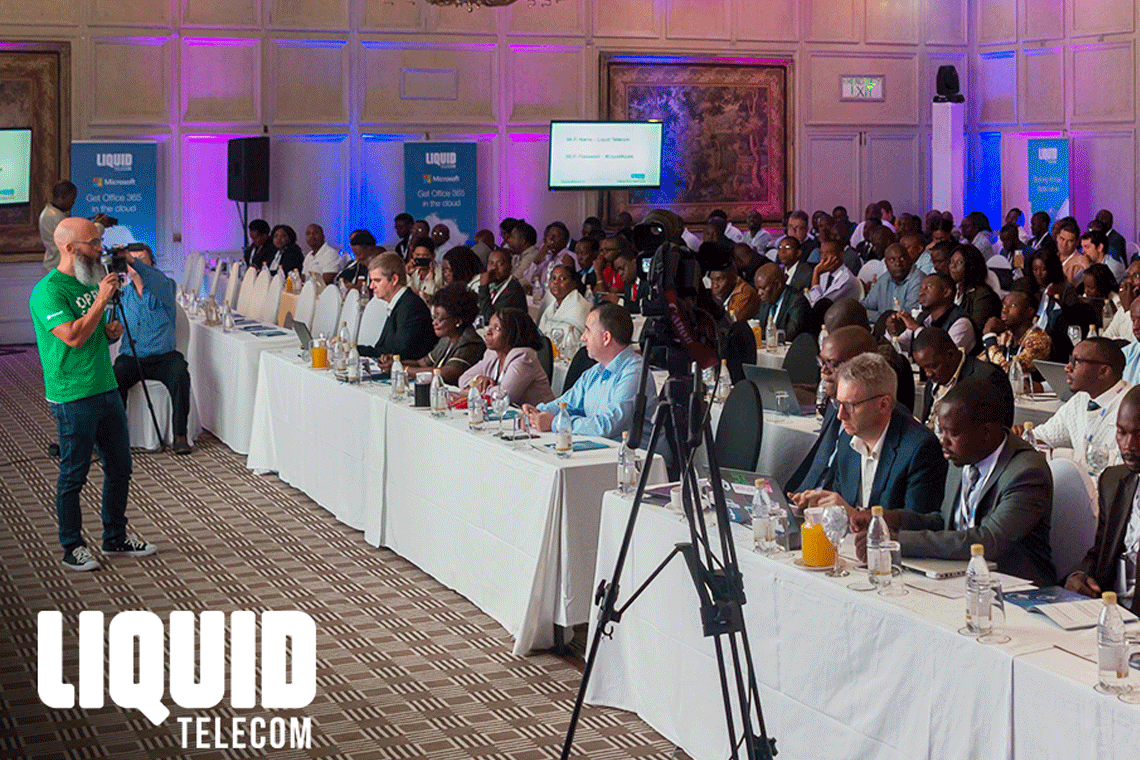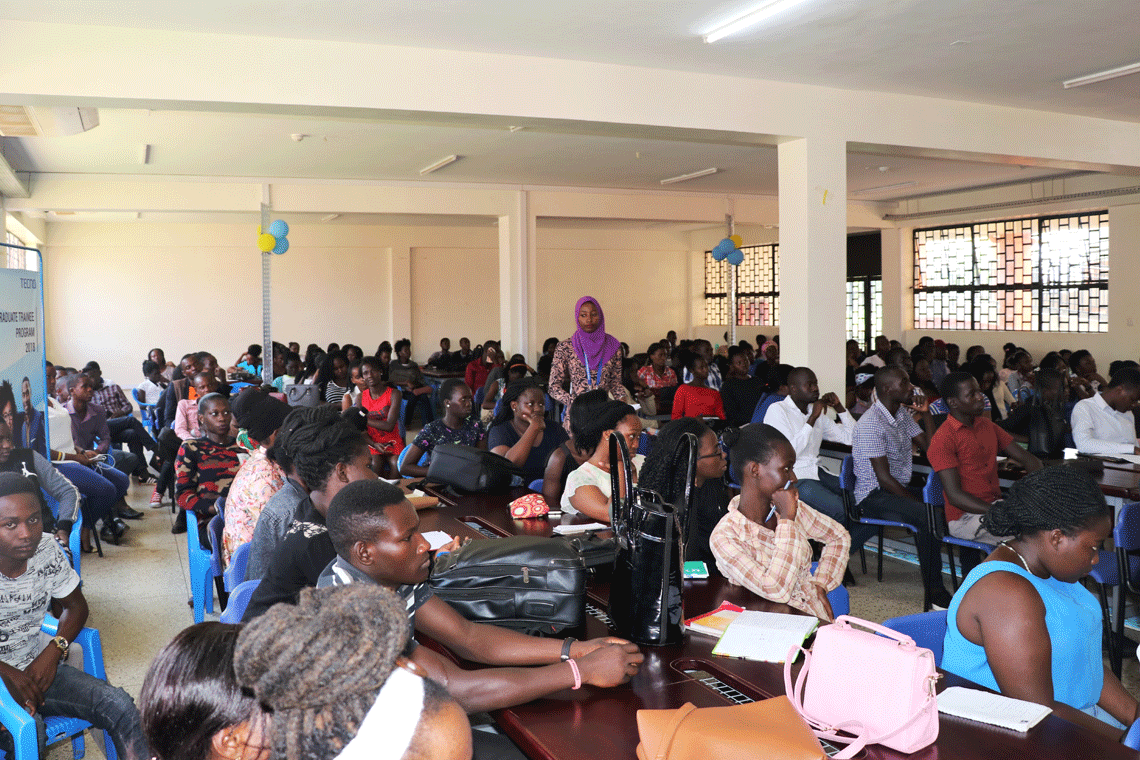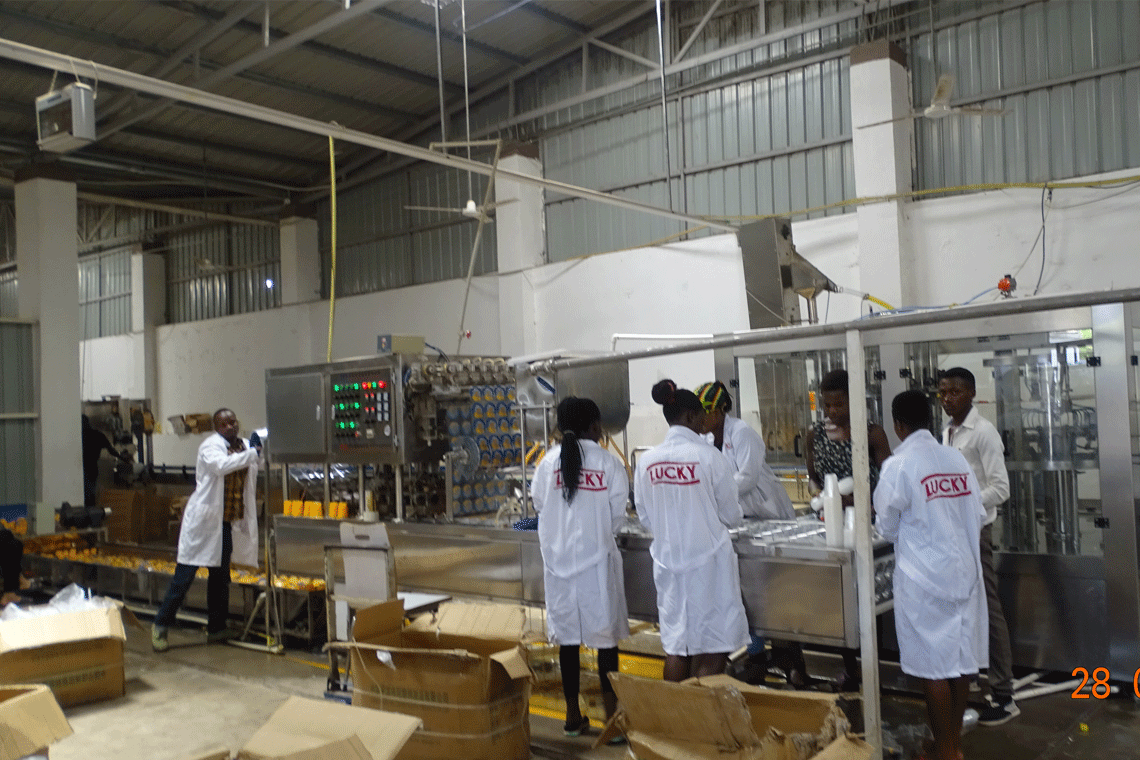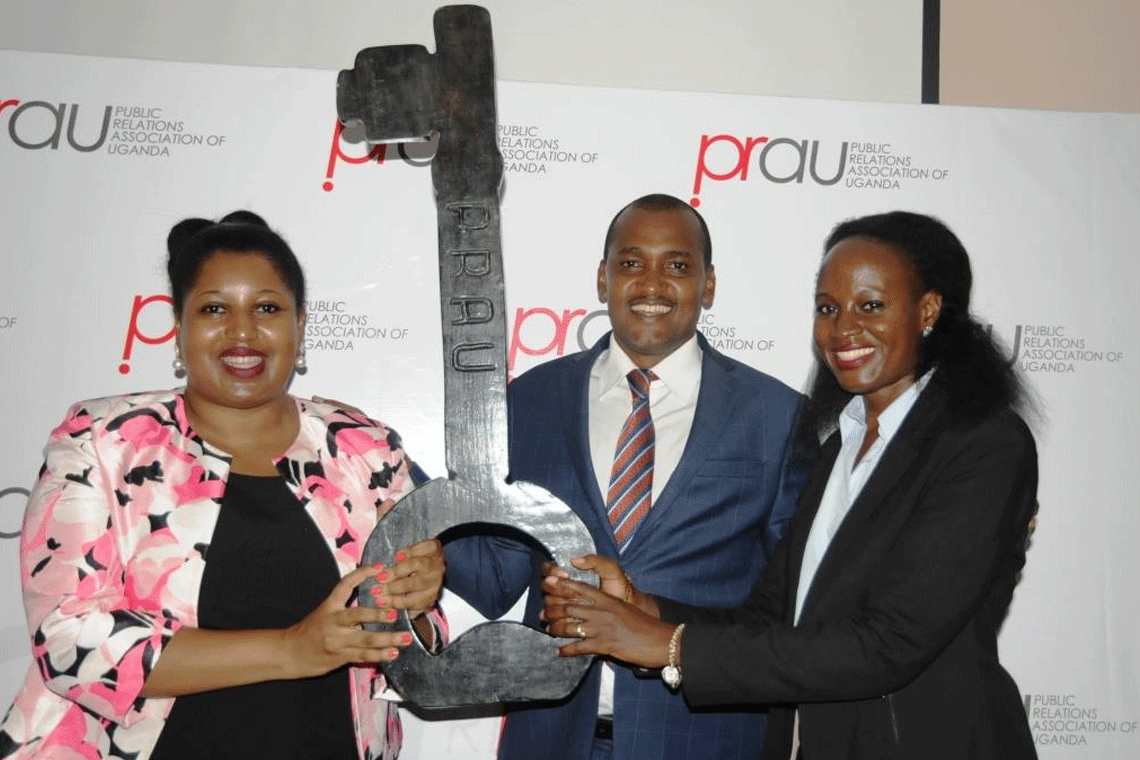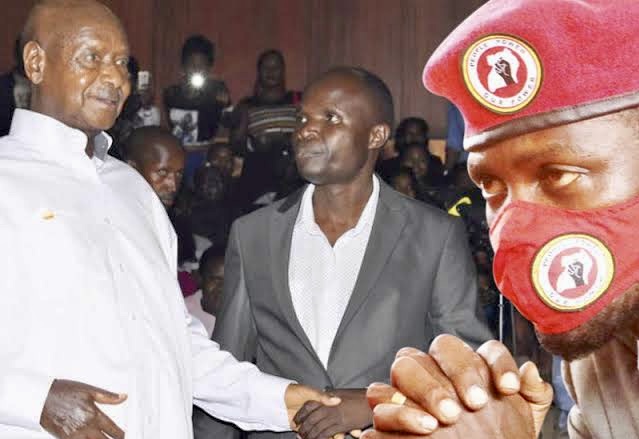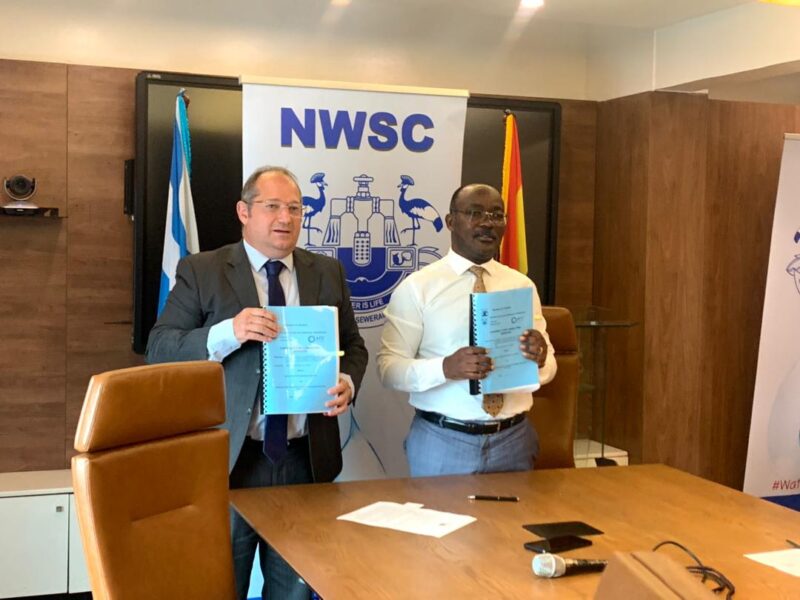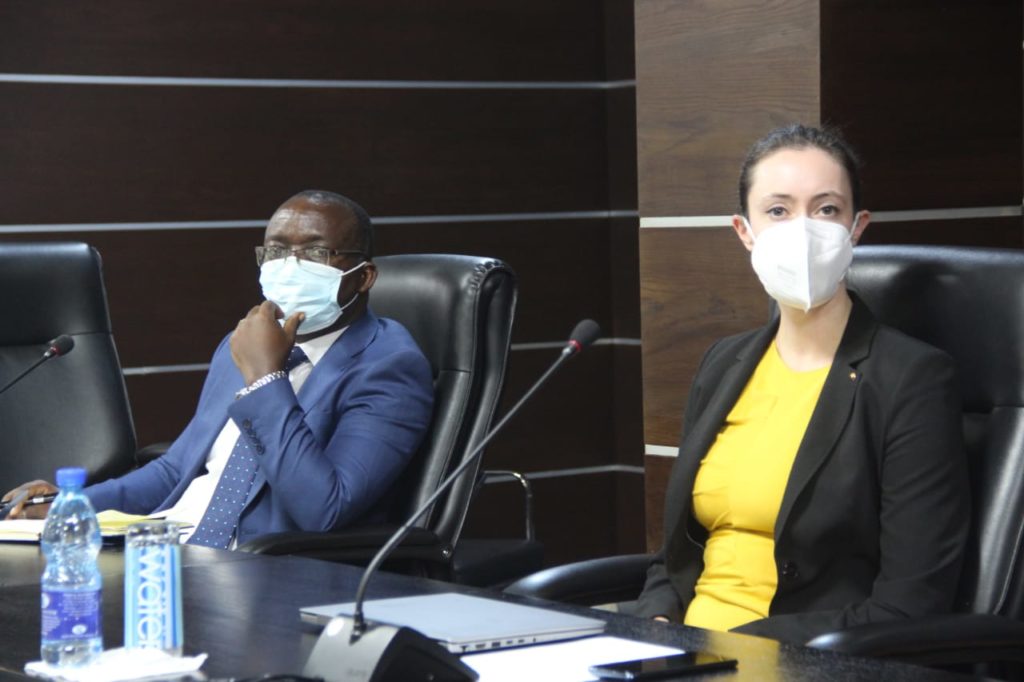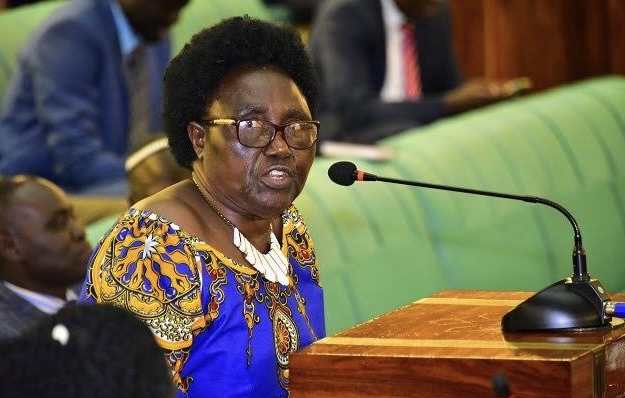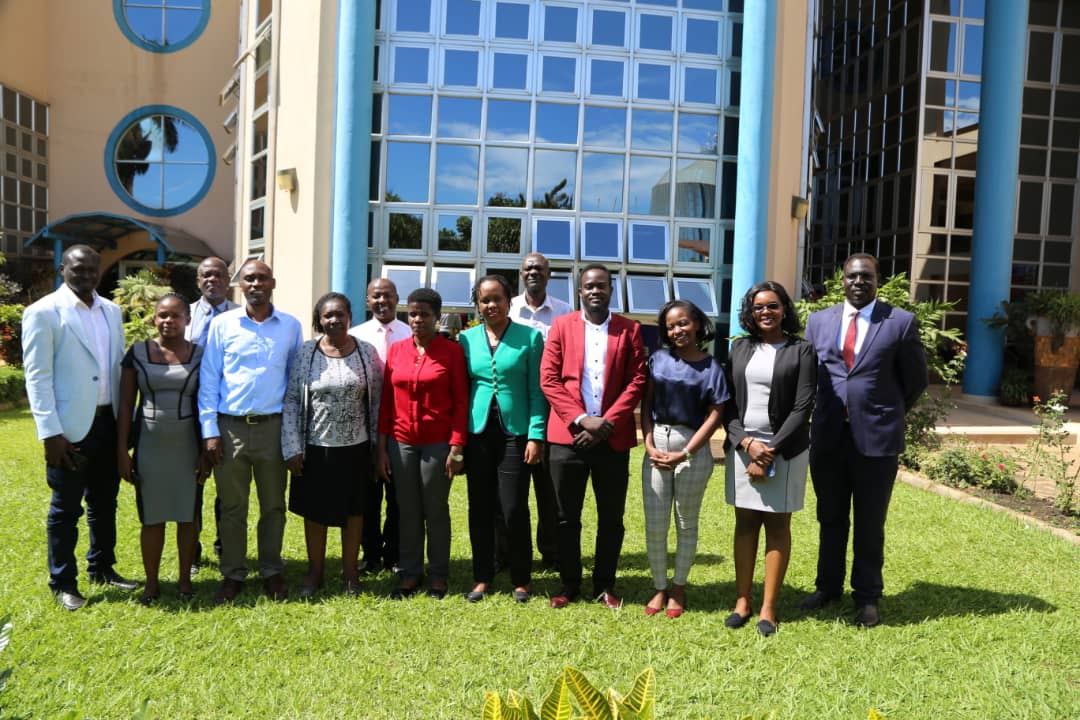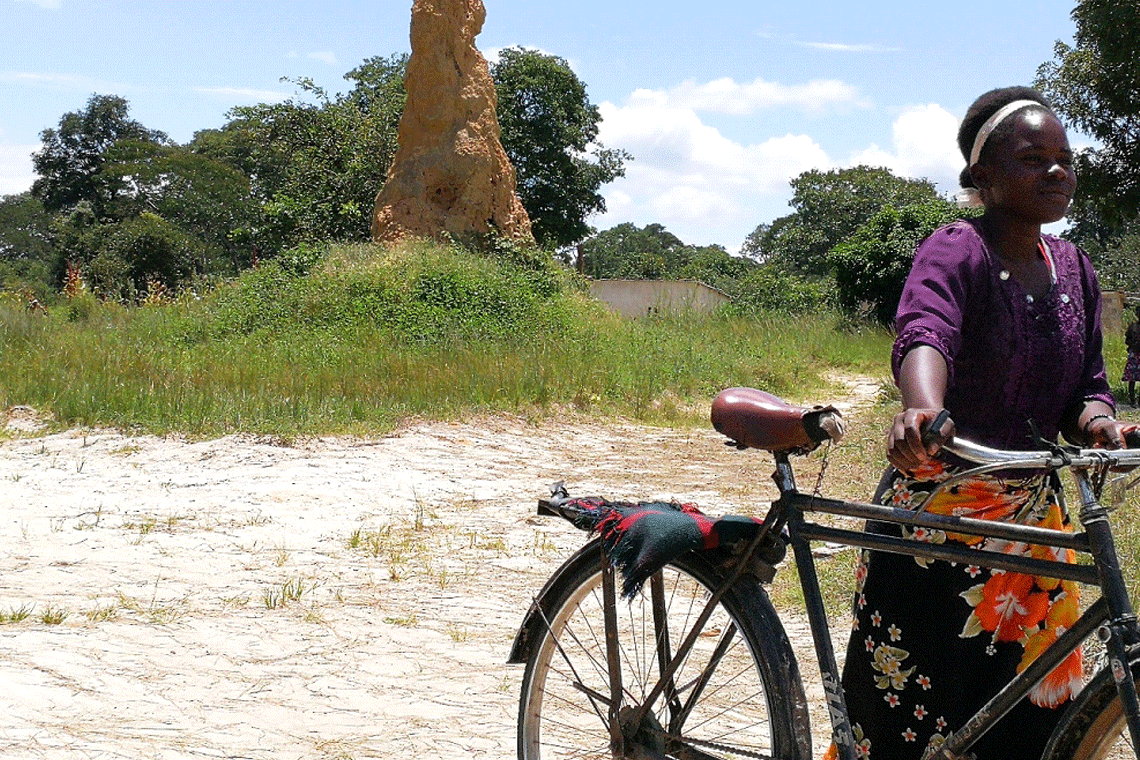- Government Should Institute A Covid-19 Fund To Lend Money To Ugandans At Fair interest rates
By the time of authoring this, Uganda’s debt burden had clocked UGX88Tn which is way above the recommended 50% debt to GDP ratio. Last week, government requested Parliament to ratify its loan application from Stanbic Bank, England Chapter to fund its development budget. The story, which we analyzed in these pages was earmarked to work on roads, electricity and other infrastructural obligations.
This week, the same government has been in the news for requesting local Ugandans to lend it huge sums of money to resolve its deeply demanding recurrent budget. The money will be used to pay the public service workers who include the Army, the Police, Teachers, Doctors and other government workers, together with other expenditures related to the day-to-day running of government business.
Borrowing in itself may not be an evil undertaking. But borrowing for both the development budge and the recurrent budget spells doom for the country. Once the government starts struggling to fund its recurrent budget, it then exposes itself to all sorts of troubles. It’s this money that pays the police and other security agencies which deal with forces that intend to overthrow the government.
Once they are not paid, the police will not be in position to stop protests of Arab spring proportions.In other words, failure to fund the recurrent budget simply means that government is NOT in position to defend itself from its opponents. President Yoweri Museveni has normally bragged that his NRM government was footing bills for almost 100% of the recurrent budge while also managing a respectable 35% of the development budget.
During the State of the Nation Address (SONA), the President normally reads a number of projects fully funded by locally generated money. He has always read so many road projects either fully funded by the government or in tandem with the donors. As you read this, it will be very difficult for him to mention any infrastructural projects fully funded by his government in this financial year 2022-2023. Why? Because the government is now officially broke and there are very many reasons which account for this state of affairs.
Badly Planned BUBU Policy
In the last five years, the economy has had big setbacks arising from poor government polices like badly thought-out taxes that have dampened continued growth like the taxes on animal feeds which accounted for the rising prices of pork and chicken products, leading to near collapse of the poultry sector.
The NRM government has been deluded to believe that they can achieve BUBU (Build Uganda Buy Uganda policy) that is occasioned by an import substitution strategy without first building the production capacity of the products normally imported into the country. By trying to assert the BUBU plan, they have imposed taxes on all goods that can be produced within the country to force local Ugandans to produce them locally. But the problem is that the local Ugandans cannot produce those particular products at the same level in quality as the imported products.
This has created a lot of confusion in the economy. This import substitution strategy can only be implemented on a gradual basis to take care of issues of quality and quantity of those products. Now the economy is suffering because of this BUBU policy that has not matured enough to take off.
The economy has also been put on a setback trail because of the lockdown which arose from the Covid-19 some two years ago. While other countries managed to incentivize the economy by making a number of subsidies, the Ugandan government has done nothing to cushion the after-effects of the lockdown. Most Ugandans who lost businesses because of the lockdown have not yet, and many will, never recover.
The situation has been compounded by the number of natural calamities like the floods, the locusts, poor crop harvests like maize, drought and hunger in some parts of the country and, the influx of refugees from war torn neighborhoods like the Congo and Southern Sudan etc. The situation has become so bad that government has had no choice but to resort to open borrowing even when the debt burden had already reached unacceptable levels that are shooting beyond the desired 50% of the GDP.
Printing Cash
After running out of borrowing options, the government is now plotting to the last undesirable option of printing more money to fund its budget. Printing money is an option normally used by governments that are cash strapped. It’s when the government is bankrupt and it has to either borrow or print money to survive in the short-medium term. When the late President Robert Mugabe embarked on unpopular polices of seizing farms from the white Zimbabwean farmers, the international community slapped sanctions on his government and it became broke.
This was mostly because he could neither borrow from the donors nor trade with the international community and his country had to run broke. He then resorted to the option of printing more cash, leading to hyper inflation that it led to Zimbabwe’s economy becoming the laughing stock of Africa. When a government prints more money that is not backed up by productivity, it leads to chronic, uncontrollable inflation.
It results into too much money chasing very few goods. In President Joseph Mobutu Tseseko Kuku Wa Zabanga’s Zaire, they printed money to a pint where there was a single currency note of over a million shillings and you needed a load of cash to make a routine shopping trip. People used to move with boots full of cash to fund their errands.
The printing of money devalues the currency, compromises the savings and, has the undesirable effect of unsettling the economy in the sense that it stifles investment. Some few years ago, the former governor of Bank of Uganda, the late Emmanuel Tumusime Mutebile rejected suggestions to print money by reasoning that the money will face unnecessary devaluation and become susceptible to manipulation from fraudsters who can also print counterfeit notes.
The best solution, therefore, has always been to borrow money from whichever sources available. This has been the main reason why the government has embarked on a borrowing spree that has seen the debt burden reach 88 trillion shillings.But now that the government has run out of borrowing options, the future doesn’t look rosy at all.
The Way Forward?
Government should reconsider its ambitious polices like BUBU that has resulted into unnecessary mistakes of imposing harsh taxes on imported products. This import substitution plan must be implemented in a gradual manner in tandem with the production potential of the local producers.
Alternatively, the best way to make BUBU work can be achieved if government also got involved in the production process and not leave all the production for private individuals. Government should also revive agricultural facilities like Kibimba rice scheme, Doho rice scheme to produce products like the animal feeds.
Secondly, the Ugandan government should acknowledge the after-effects of the covid-19 lockdown and provide incentives for the economy to recover. This can be done by instituting A COVID-19 FUND that can allow cash strapped Ugandans to access credit at a fair interest rate to enable them resume business. Thirdly government should reconsider its high cost of administration by cutting down any unnecessary excessive expenditures. These and many other deliberate initiatives can go a long way to revive the collapsing economy from sinking into the abyss.
Author Profile

- Fred Daka Kamwada is a seasoned journalist, blogger and political analyst for over a decade in Uganda
Latest entries
 BusinessJanuary 20, 2023Economic Crumps: Pres Museveni Should Institute a Salaries, Wages Commission to Reduce the Awful Public Expenditure
BusinessJanuary 20, 2023Economic Crumps: Pres Museveni Should Institute a Salaries, Wages Commission to Reduce the Awful Public Expenditure BusinessJanuary 9, 2023Tougher Times Ahead as China is Most Likely to Attack Taiwan and Send the 2023 Global Economy into a Terrible Spin
BusinessJanuary 9, 2023Tougher Times Ahead as China is Most Likely to Attack Taiwan and Send the 2023 Global Economy into a Terrible Spin FeaturedJanuary 5, 2023Tell Not the Lies: Juggling into The Two Embarrassing Falsehoods President Yoweri Museveni Told the Nation Last Year
FeaturedJanuary 5, 2023Tell Not the Lies: Juggling into The Two Embarrassing Falsehoods President Yoweri Museveni Told the Nation Last Year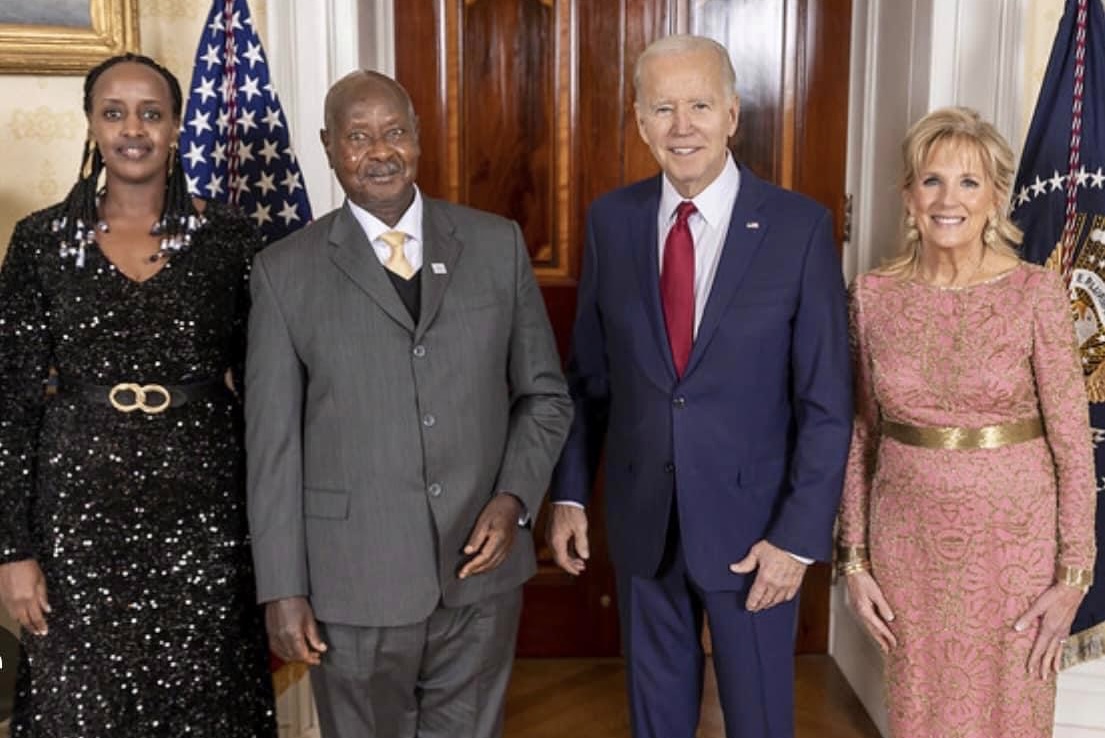 FeaturedDecember 26, 2022US-Africa Summit: Reasons Why President Museveni’s Agitation for ITTS With America Is Shallow, Unrealistic and Untenable
FeaturedDecember 26, 2022US-Africa Summit: Reasons Why President Museveni’s Agitation for ITTS With America Is Shallow, Unrealistic and Untenable



